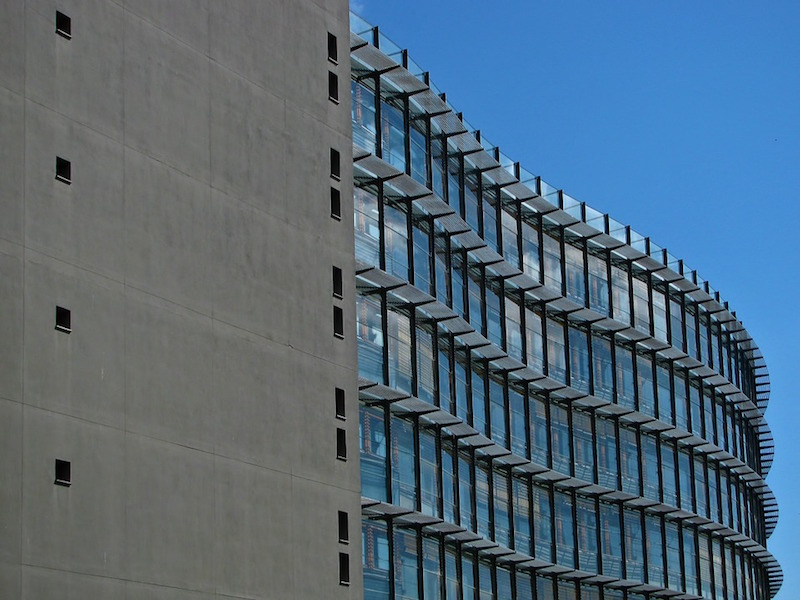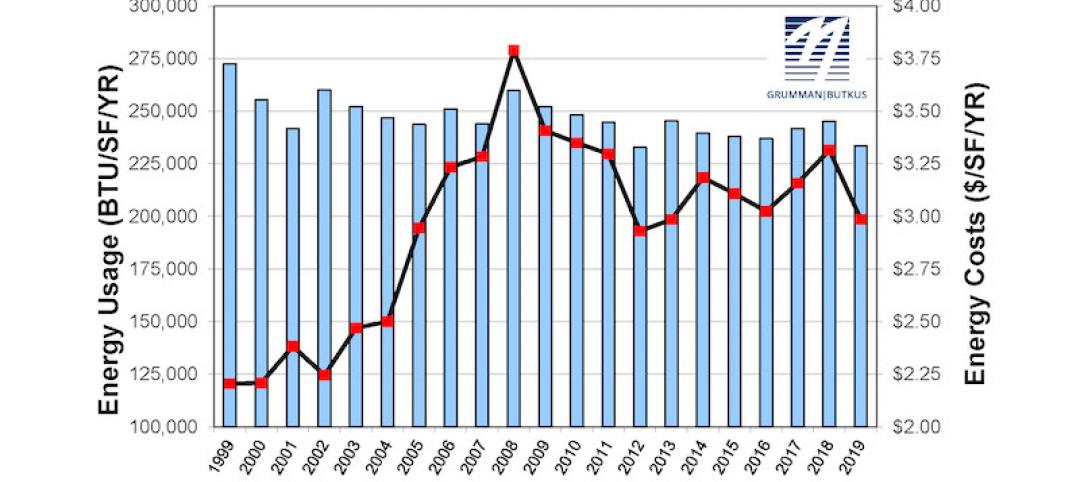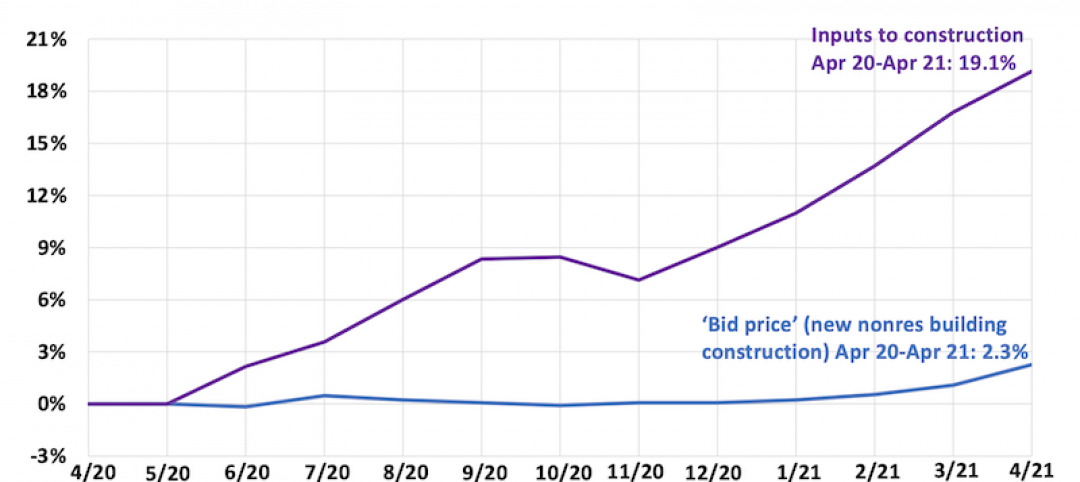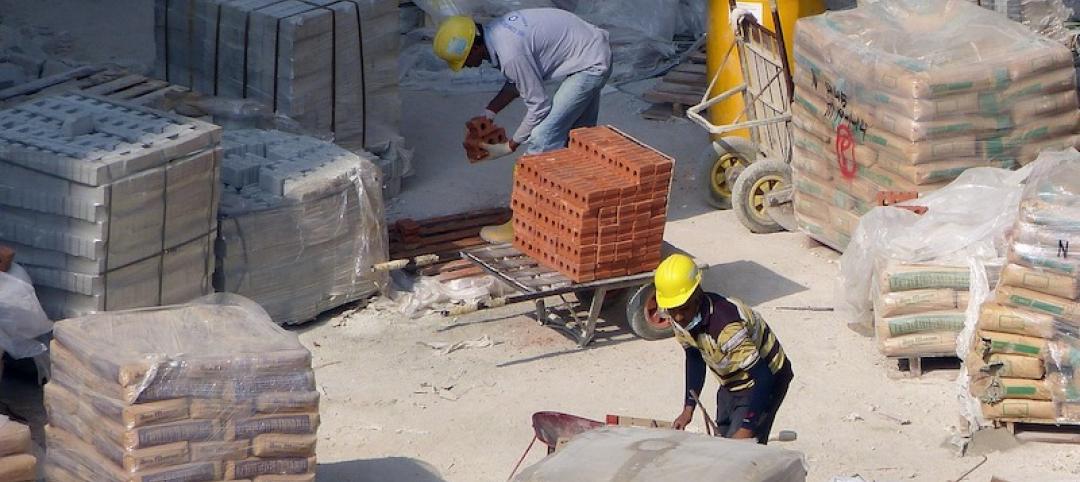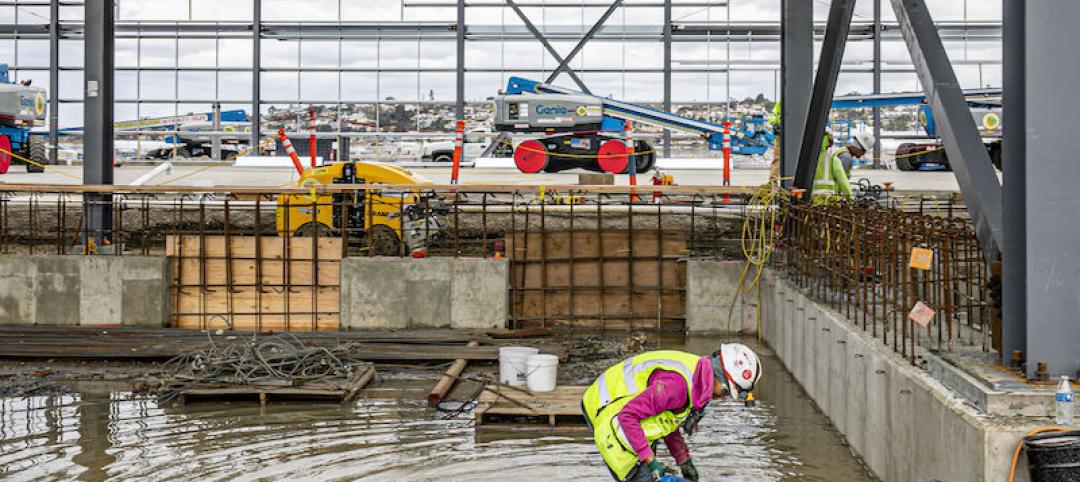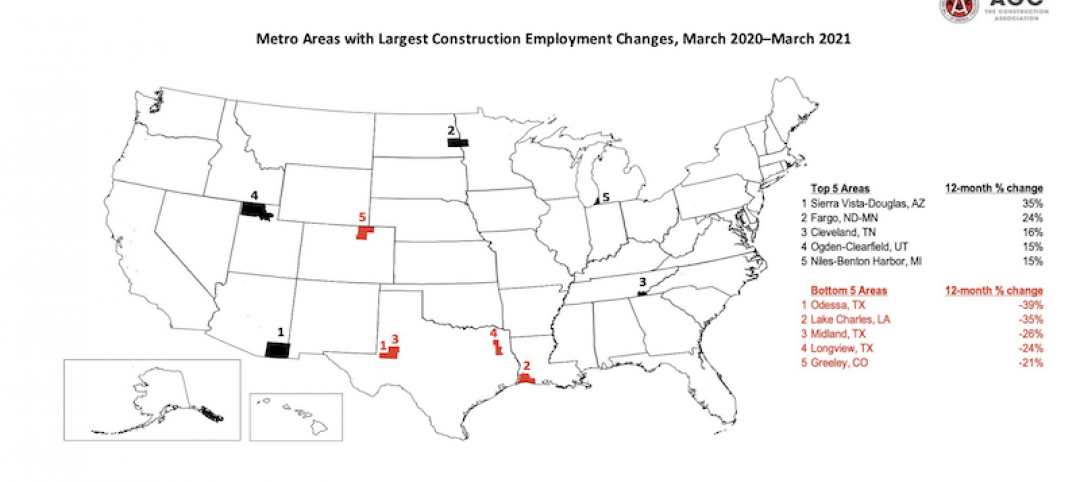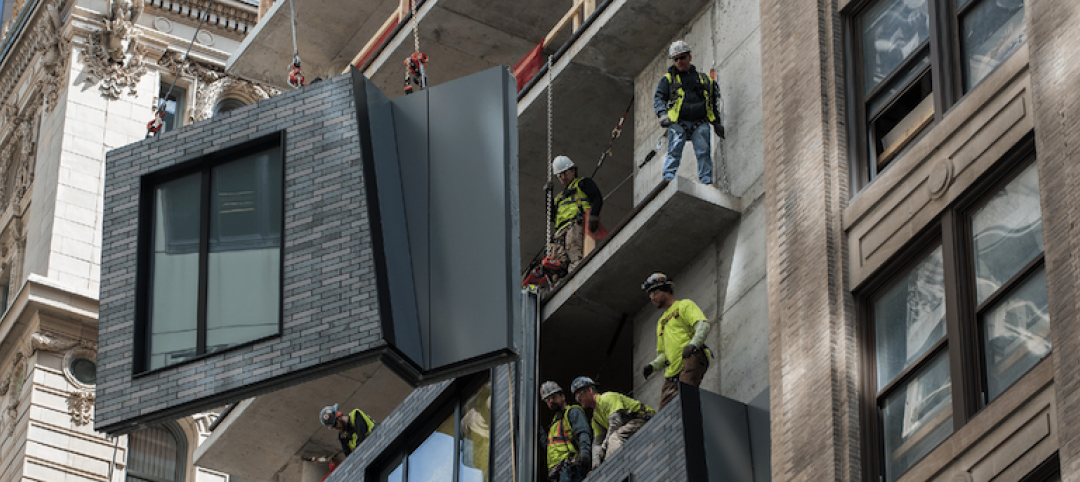U.S. architecture firms have experienced a near complete recovery from the Great Recession, which has allowed firm leaders to reinvest profits back into their businesses. These findings, along with an in depth look at topics such as firm billings, staffing, and international work, are covered in The Business of Architecture: 2016 Firm Survey Report.
Key highlights include:
- Net billings at architecture firms were $28.5 billion at the peak of the market in 2008 and had nearly recovered to $28.4 billion by 2015.
- Percentage of firms reporting a financial loss declined sharply in recent years from more than 20% in 2011 to fewer than 10% by 2015.
- Growing profitability has allowed firms to increase their marketing activities and expand into new geographical areas and building types to diversity their design portfolios.
- Renovations made up a large portion of design work with 45% of building design billings coming from work on existing facilities, including 30% from additions to buildings, and the remaining from historic preservation projects.
- Billings in the residential sector topped $7 billion, more than 30% over 2013 levels.
- Modest gains in diversity of profession with women now comprising 31% of architecture staff (up from 28% in 2013) and minorities making up 21% of staff (up from 20% in 2013).
- Use of Building Information Modeling (BIM) software has become standard at larger firms with 96% of firms with 50 or more employees report using it for billable work (compared to 72% of mid-sized firms and 28% of small firms).
- Newer technologies including 3D printing and 4D/5D modeling are reported being used at only 11% and 8% of firms respectively.
- Energy modeling currently has a low adoption rate with 13% of firms using it for billable work, although this share jumps to 59% for large firms.
“In the coming years we expect firms will be adding technological dimensions to their design work through greater utilization of cloud computing, 3D printing and the use of virtual reality software. This should help further efficiencies, minimize waste and project delivery delays, and lead to increased bottom line outcomes for their clients,” says AIA senior director of research, Michele Russo in a press release.
Related Stories
Multifamily Housing | May 18, 2021
Multifamily housing sector sees near record proposal activity in early 2021
The multifamily sector led all housing submarkets, and was third among all 58 submarkets tracked by PSMJ in the first quarter of 2021.
Market Data | May 18, 2021
Grumman|Butkus Associates publishes 2020 edition of Hospital Benchmarking Survey
The report examines electricity, fossil fuel, water/sewer, and carbon footprint.
Market Data | May 13, 2021
Proliferating materials price increases and supply chain disruptions squeeze contractors and threaten to undermine economic recovery
Producer price index data for April shows wide variety of materials with double-digit price increases.
Market Data | May 7, 2021
Construction employment stalls in April
Soaring costs, supply-chain challenges, and workforce shortages undermine industry's recovery.
Market Data | May 4, 2021
Nonresidential construction outlays drop in March for fourth-straight month
Weak demand, supply-chain woes make further declines likely.
Market Data | May 3, 2021
Nonresidential construction spending decreases 1.1% in March
Spending was down on a monthly basis in 11 of the 16 nonresidential subcategories.
Market Data | Apr 30, 2021
New York City market continues to lead the U.S. Construction Pipeline
New York City has the greatest number of projects under construction with 110 projects/19,457 rooms.
Market Data | Apr 29, 2021
U.S. Hotel Construction pipeline beings 2021 with 4,967 projects/622,218 rooms at Q1 close
Although hotel development may still be tepid in Q1, continued government support and the extension of programs has aided many businesses to get back on their feet as more and more are working to re-staff and re-open.
Market Data | Apr 28, 2021
Construction employment declines in 203 metro areas from March 2020 to March 2021
The decline occurs despite homebuilding boom and improving economy.
Market Data | Apr 20, 2021
The pandemic moves subs and vendors closer to technology
Consigli’s latest market outlook identifies building products that are high risk for future price increases.


